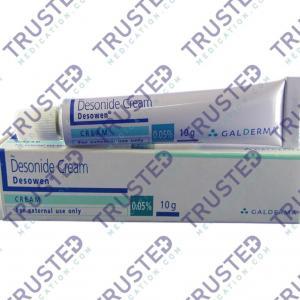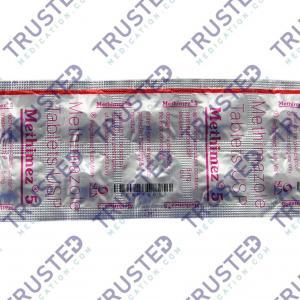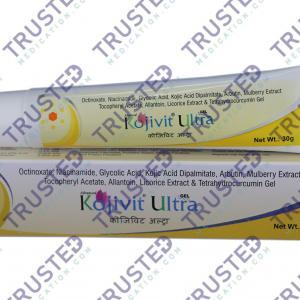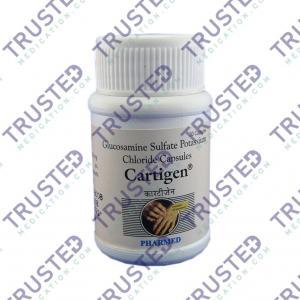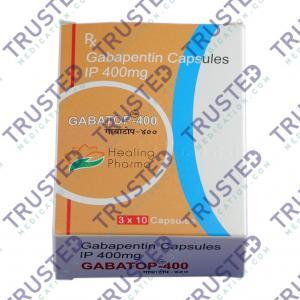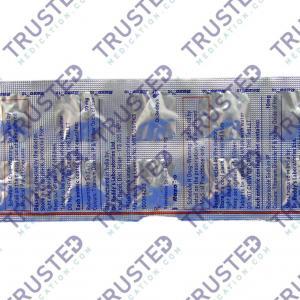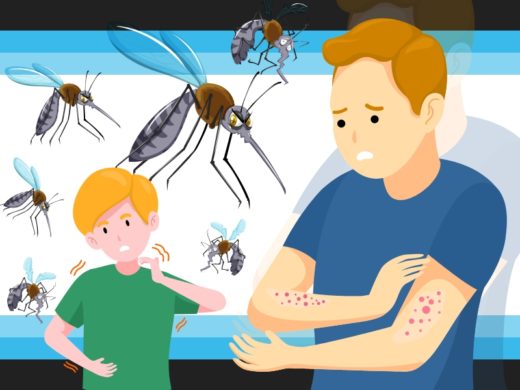
Malaria and Dengue have a few fundamental differences although both are mosquito-borne diseases. Most drugs used in the treatment of Malaria and Dengue are targeted to attack the parasites in your blood that are formed by the diseases.
What is Malaria?
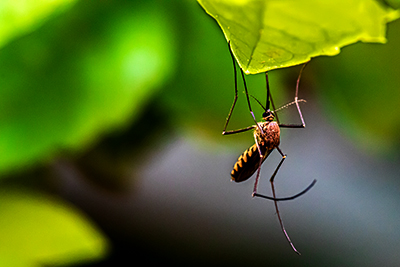
It is a serious and sometimes fatal disease caused by a parasite that commonly infects a certain type of mosquito which feeds on humans. People who have malaria usually feel very sick with a high fever and shaking chills. While the disease is uncommon in temperate climates, malaria is still common in tropical and subtropical countries.
What is Dengue?
Dengue fever is an illness caused by one of four types of the dengue virus (DENV). Central and South America, Africa, Asia, and the Pacific Islands are the most common regions where the virus is found.
Dengue is not contagious except when passed from a pregnant woman to her unborn child. If you get another infection with a different version of DENV, your risk of severe complications increases. Vaccines for dengue fever are being developed by researchers. The best way to prevent dengue fever in areas where it is common is to avoid mosquito bites and to reduce mosquito populations.
Treatment/Medication for Malaria
This is treated with prescription drugs to kill the parasite. The types of drugs and the length of treatment will vary, depending on:
- Your age
- Which type of malaria parasite do you have
- Whether you’re pregnant
- The severity of your symptoms
The most common antimalarial drugs include:
- Hydroxychloroquine – This is an antimalarial drug that blocks the growth of the parasite.
Treatment/Medication for Dengue
Dengue infection cannot be treated with a specific medicine. In case of dengue fever, you should take pain relievers containing acetaminophen and avoid medicines containing aspirin, which might worsen bleeding. Seeing a doctor is also a good idea, along with getting plenty of rest and drinking plenty of water. After your fever goes down, if you feel worse in the first 24 hours, you should go to the hospital immediately to be checked for complications.
Prevention for Malaria and Dengue
You should take precautions to avoid mosquito bites that might cause it. To lower your chances of getting malaria, you should:
- Drape mosquito netting over beds.
- Put screens on windows and doors.
- Wear long pants and long sleeves to cover your skin.
- Apply mosquito repellent with DEET (diethyltoluamide) to exposed skin.
- Treat clothing, tents, mosquito nets, sleeping bags, and other fabrics with insect repellent.
If you live in or travel to an area where dengue fever is common, these tips may help reduce your risk of mosquito bites:
- Stay in air-conditioned or well-screened housing.
- Wear protective clothing.
- Use mosquito repellent.
- Reduce mosquito habitat.

